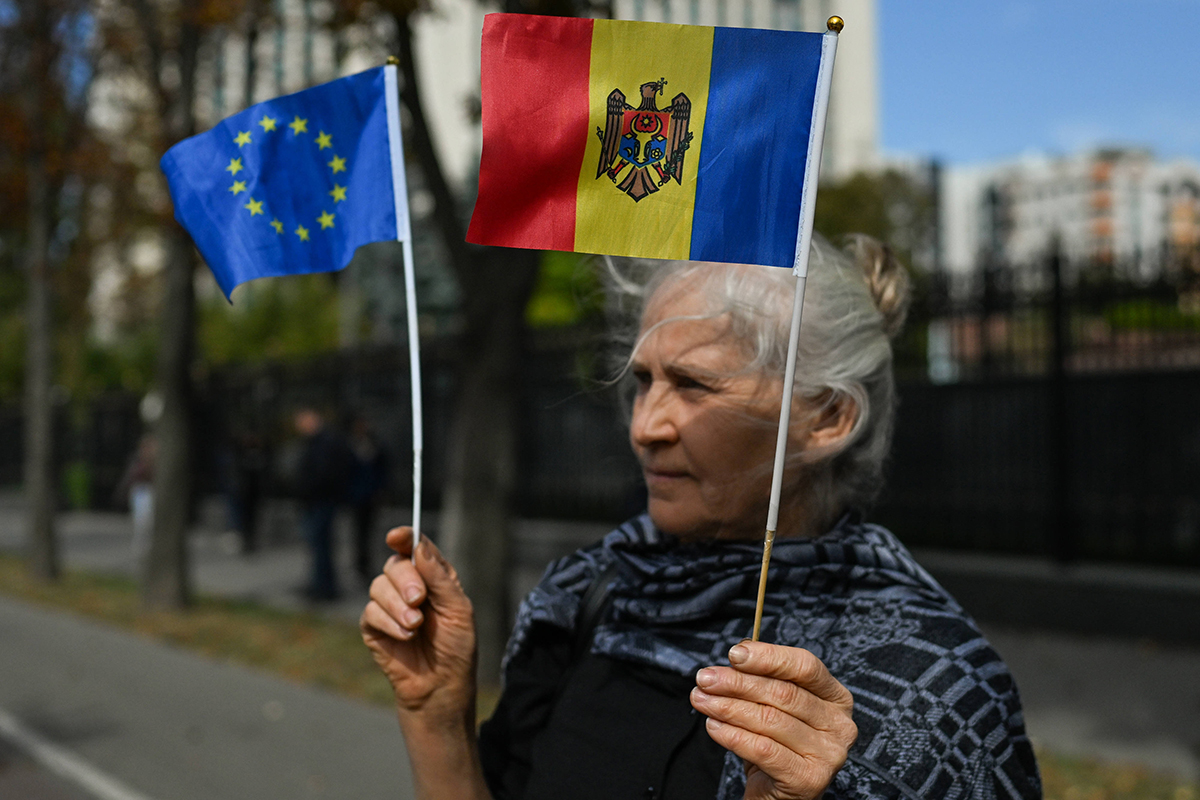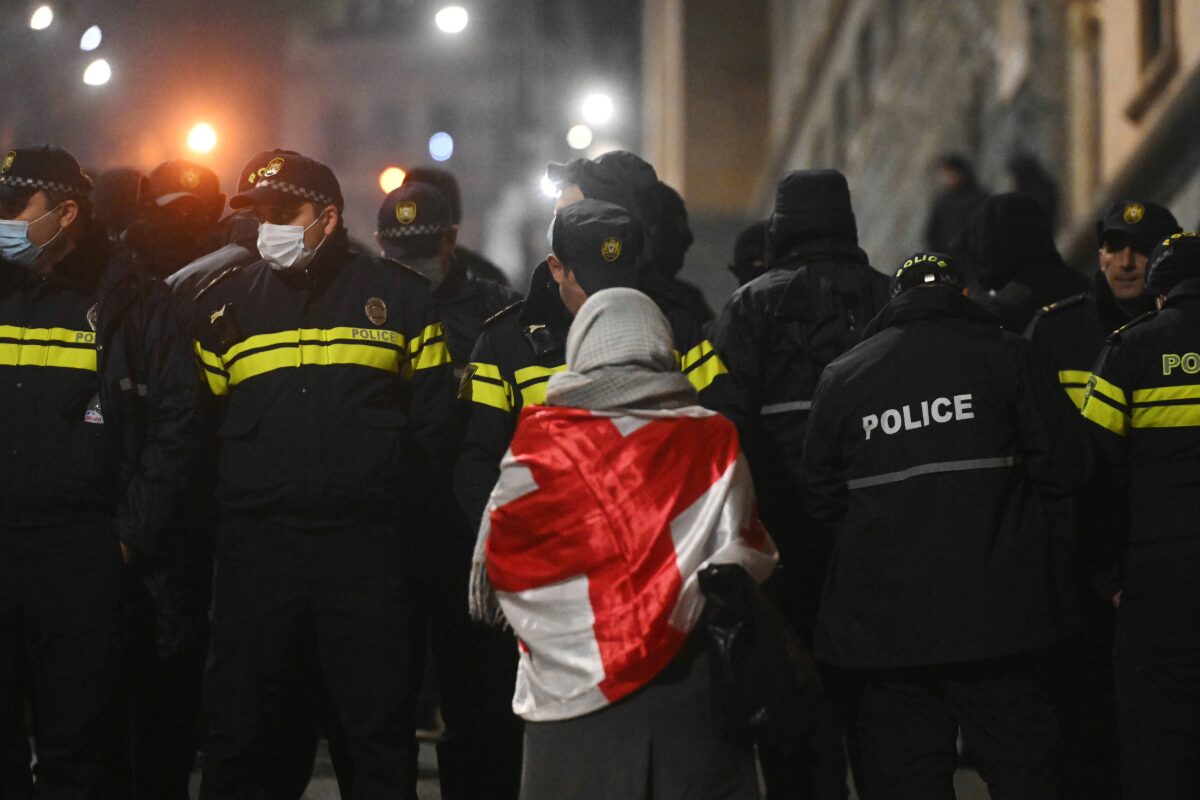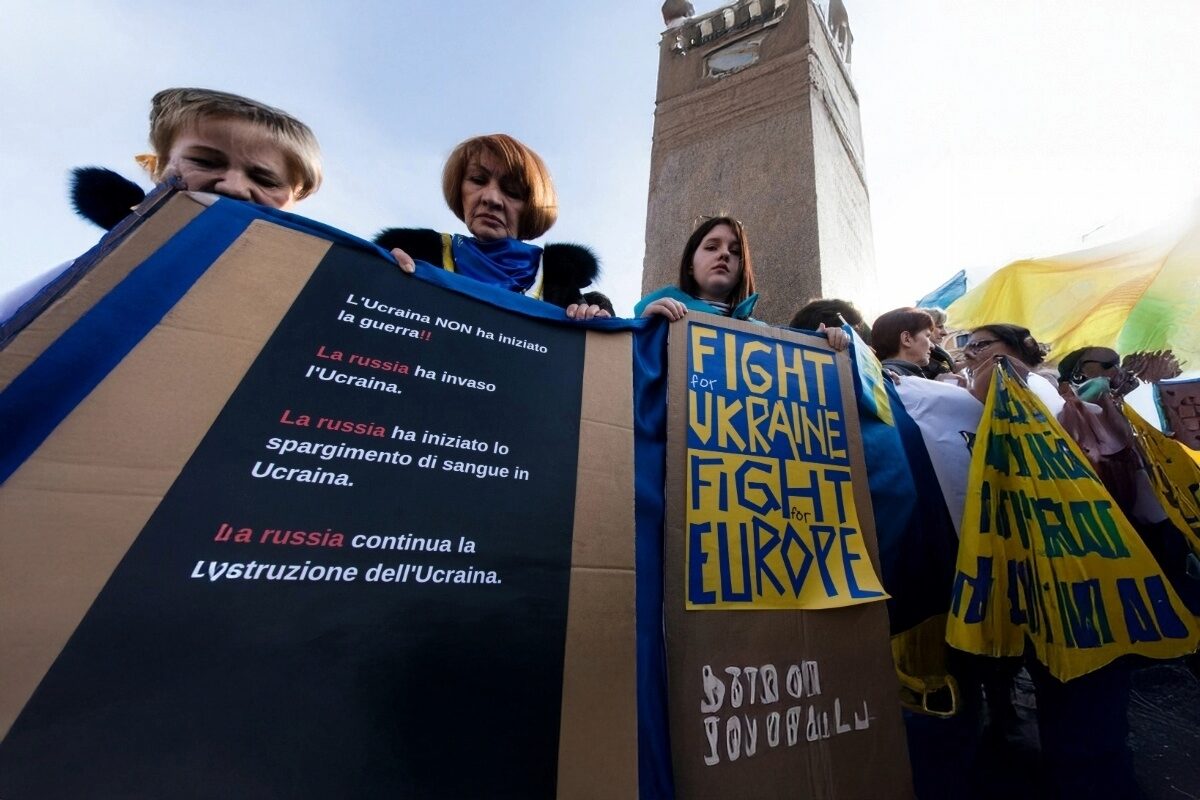Discussing Russia’s Future

During an online discussion, Polish expert Maria Domanska and Russian opposition leader Vladimir Milov presented their policy papers about future scenarios for Russia. Here is what they had to say.
By unleashing a war of aggression against Ukraine, Vladimir Putin has tied his political fate to its outcome. There are many indications that Russia may be heading for tumultuous times. Different scenarios for a post-Putin Russia are being currently discussed. They range from democratic change to further radicalization of the regime and even the disintegration of Russia.
To contribute to the ongoing debate, the Center of Liberal Modernity (LibMod) has commissioned two policy papers on the topic. They were written by Maria Domanska, Senior Fellow at the Centre for Eastern Studies in Warsaw, and Vladimir Milov, one of Russia’s best-known opposition figures, who now lives in Vilnius.
On February 15, we presented them within our International Expert Network during an online discussion with both authors and LibMod Managing Director Ralf Fücks. LibMod’s Russia Programme Director Maria Sannikova-Franck moderated the discussion.
Fücks argued that the lack of clarity about Russia’s future leads to strategic ambivalences of Western policy toward the war in Ukraine. So far, he said, fears of a possible collapse of the Putin regime following a military defeat in Ukraine seem to dominate. To many, Putin still appears as the “lesser evil” compared to a chaotic state collapse or a takeover by “even worse” forces. But this view fails to recognize that Putin is already the worst case: a regime that can only exist through ever harsher internal repression and aggressive external policies. A return to peaceful coexistence with this regime is a dangerous illusion. The West must face up to the question of a future for Russia after Putin.
Both papers’ authors unanimously argued that Russia is not doomed to remain an imperial dictatorship forever. However, they differed in their expectations of how quickly a democratic turnaround will be possible in the country.
Vladimir Milov pointed out, that rapid political U‑turns have occurred frequently in Russian history and that the current Russian elite is opportunistic rather than bound by ideology. He said that Russian aggression is a result of Putin’s “absolutism” and that there is no bottom-up popular demand for an aggressive imperialistic policies. For this reason, the elite will have strong incentives to change the political course once Putin has gone. Milov added that the Russian people want sane politics, free and fair elections, and the rule of law. Many also demand normalization of relations with the West. According to Milov, the protests that erupted from time to time in various Russian regions in the last years prove that Russians have not lost their basic democratic instincts.
Putin’s imperial revanchism has severely poisoned Russian society
However, Maria Domanska argued that strong resistance from the beneficiaries of the current regime will run counter to any liberalization. Putin’s imperial revanchism has severely poisoned Russian society, she said. Moreover, the patrimonial notion of the state as being the personal property of the leader and the logic of patron-client relations rooted in Russian political culture are the pillars of Russian authoritarianism. A lot of what we have now in Russia is a direct or indirect result of a lack of proper confrontation with Stalinism and its crimes. At the same time, Domanska highlighted the pragmatism of Russians and their strong demand for self-governance as a positive sign for the long and bumpy reform process.
Both Domanska and Milov believe that the successor regime will likely be weaker than Putin’s and might temporarily abandon its most aggressive foreign and domestic policies. But Russia will need constant internal and external pressure in order to leave its authoritarian path.
The West needs to work out a new Russia strategy
Domanska underlined that Russia’s aggression against Ukraine refuted many assumptions that have defined Western policy toward Russia for many years. The West needs to work out a new Russia strategy.
Key elements of this strategy were suggested by the speakers:
- As long as the current regime is in power, Western policy should be based on containment and deterrence.
- The key condition for any new beginning is a definitive Russian defeat in Ukraine.
- The West should not fear change in Russia but promote it and prepare the ground for a future transformation. Therefore it should give full support to the Russian democratic opposition as a possible factor of change.
- Vis‑a vis a successor regime in Moscow, the West should pursue a consistent policy of “carrot and stick”: offering cooperation and lifting sanctions only in exchange for a renunciation of external violence and internal democratic reforms.
![]()
The discussion was held in the framework of the project International Expert Network Russia, which is supported by the German Foreign Ministry.
The papers discussed can be accessed here.

Did you like thike this article? If yes, you can support the independent editorial work and journalism of LibMod via a simple donation tool.
Donate via PayPal
![]()
We are recognized as a non-profit organization, accordingly donations are tax deductible. For a donation receipt (necessary for an amount over 200 EUR), please send your address data to finanzen@libmod.de
Related topics
Newsletter bestellen
Stay tuned with our regular newsletter about all our relevant subjects.





